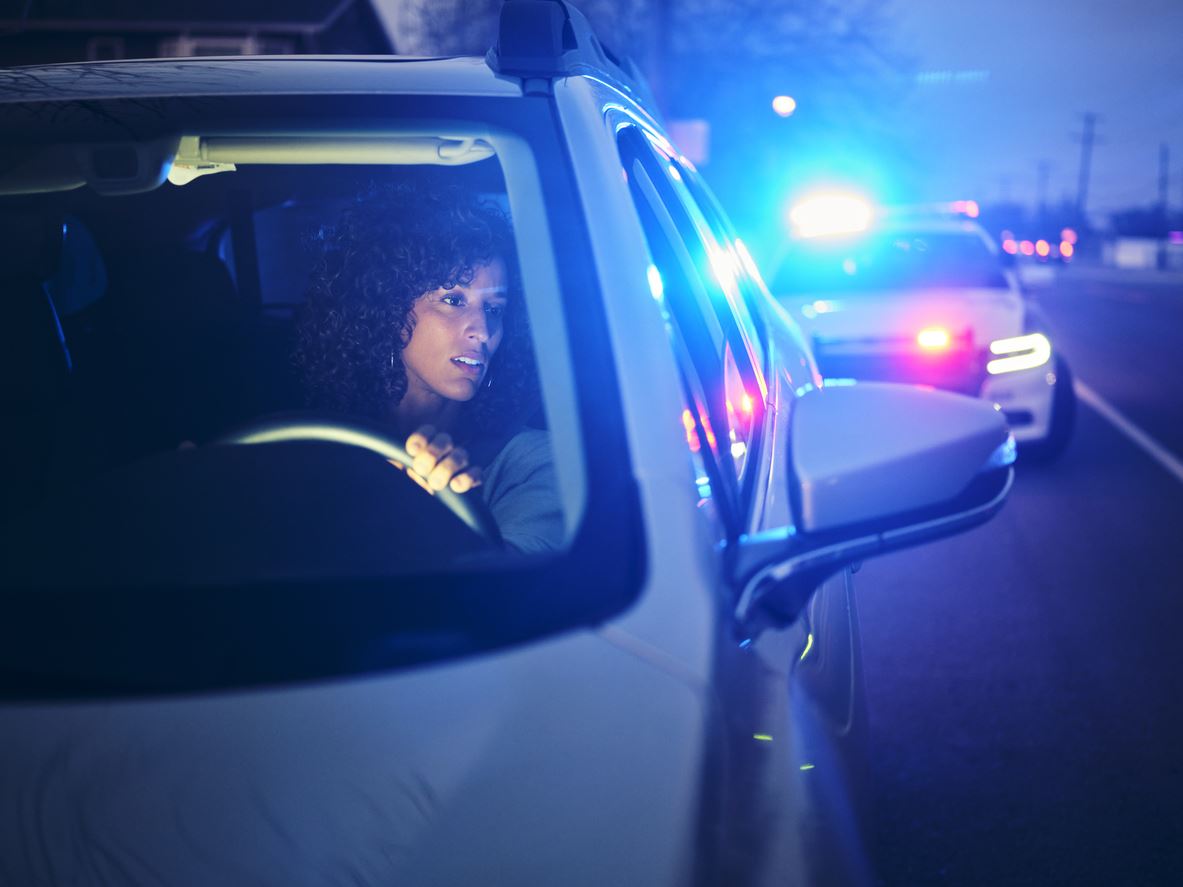Law enforcement officers will install transportation checkpoints during holiday weekends or major events. These stops are enforced so officers can look for impaired drivers. But sometimes, the police will use these checkpoints to penalize drivers for other infractions (out-of-date registration, taillight out, etc.).
Four Things Every Checkpoint Must Have
So, what exactly are your rights at a DUI checkpoint? Well, you do have to comply with an officer’s commands, but there are certain guidelines law enforcement must keep in mind as well. Here are five aspects to keep in mind when driving through a DUI checkpoint in Orange County:
Officers Must Display Signs
For a checkpoint to work properly, it must display warning signs and flashing lights to alert drivers. If the officers failed to mark the area, it’s possible the driver won’t be penalized in the end. Given these stops are typically late at night, the need for flashing lights is very important on the officer’s part.
Reasonable Location
If the police decide to enforce a DUI checkpoint, they must choose a location that’s reasonable to the public. For example, a checkpoint in the middle of a busy freeway could back up traffic.. The drivers being stopped at this checkpoint could hire legal representation arguing the checkpoint is in an unsafe location.
Length of Stop
If an officer is suspicious that a driver might be under the influence, they can only stop the vehicle for so long. While this duration is not defined, it should only last long enough to assess whether someone has alcohol in their breath, bloodshot eyes, or slurred speech. Any further questioning past this point could be deemed unconstitutional.
Public Notice
While officers do not have to provide the public with a checkpoint’s exact location, they must notify the public that the county is going to have checkpoints. Failure to do so could result in not allowing the public to plan for what time they need to leave an event and make it home safely.
What Should I Expect at a Checkpoint?
When approaching a DUI checkpoint it’s important to remember that you must remain calm. Most of the time, officers will make you roll down your window down for a brief conversation. This dialogue helps them quickly observe if you’ve been drinking.
If they suspect you have, they’ll then ask for your license and registration before asking you to partake in a sobriety test. This could entail a few things – walking in a straight line, further examination of your eyes, standing on one leg, or a mouth swab test.
It should be noted: In California, drivers are not required to take field sobriety tests. This is because even if you’re under the legal limit, you could still fail a field sobriety test resulting in being wrongfully charged.
Once you’ve respectfully declined to partake in the field sobriety test, the officer will inform you of further action. While they could decide to let you go, it’s more likely they’ll detain you. Regardless, a trusted DUI attorney can help you defend against wrongful accusations made against you at a DUI checkpoint.
Is There Any Way I Can Avoid a Checkpoint?
Yes, when approaching a checkpoint, you are allowed to turn around so long as you can make a legal U-turn. If your vehicle is seen turning around from a DUI checkpoint, the police cannot legally pull you over unless you have committed a traffic violation.
Are there any other ways to avoid a DUI checkpoint? Plan ahead. Find a safer route home. At the end of the day, the best way to keep everyone safe and avoid a checkpoint is to not drink and drive.
For more information on your rights at a DUI checkpoint, contact Corrigan Welbourn Stokke, APLC. Our team of legal professionals can help with a variety of charges, including DUI, drug crimes, hate crimes, gang crimes, and more.


